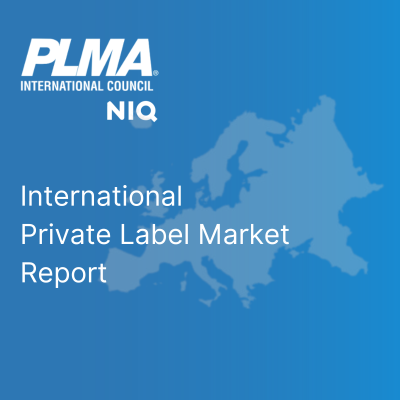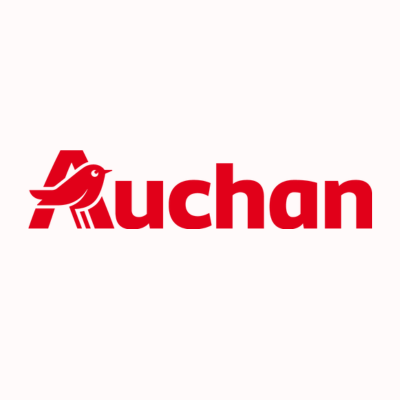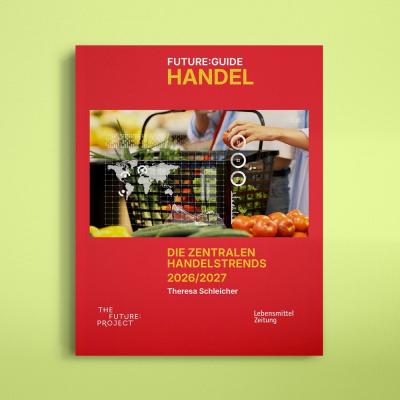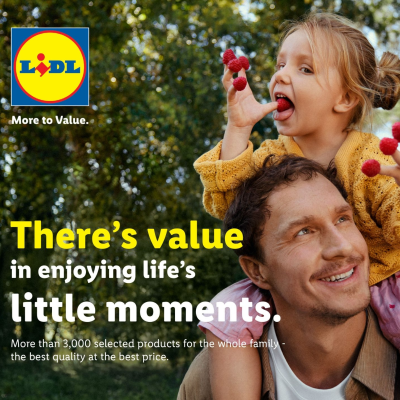Europe’s largest markets, Germany, United Kingdom and France, have a collective Private Label share of 40.3%, this share grew +0.2%pnt vs last year.
Spain and Portugal Private Label gained share with +1.0%pnt, the highest share growth is visible in Confectionary & Snacks which grew 1.7%pnt. In Spain and Portugal Pet Food (-1.0%pnt) is declining in share.
In Belgium and The Netherlands, the private label share increased by +0.2%pnt. The highest growing category was Health Care by 1.6%pnt. However, 6 categories continue to decline with Pet Food (-2.4%pnt), Home Care (-1.3%pnt) and Frozen Food (-0.8%pnt) taking the lead.
In Eastern Europe the private label share is growing (+0.5%pnt), the highest growth in private label share is visible in Ambient Food, Perishable Food and Home Care.
For the Scandinavian countries there is a small increase in the Private label share (+0.03%pnt). The highest decline in private label share is seen in Pet Food (-1.3%pnt), Frozen Food (-0.4%pnt), and Home Care (-0.2%pnt). Regardless, growth is still seen in 5/11 categories with Health Care (+0.3%pnt) taking the lead.
According to NielsenIQ data, Confectionery & Snacks, Health Care and Paper Products are the top 3 categories of Private Label value share with an average of 34.5%, representing in total 136 billion euro across the 17 European countries tracked. Overall, the private label sales grew with 13.8 billion euros across the 17 European countries tracked.










